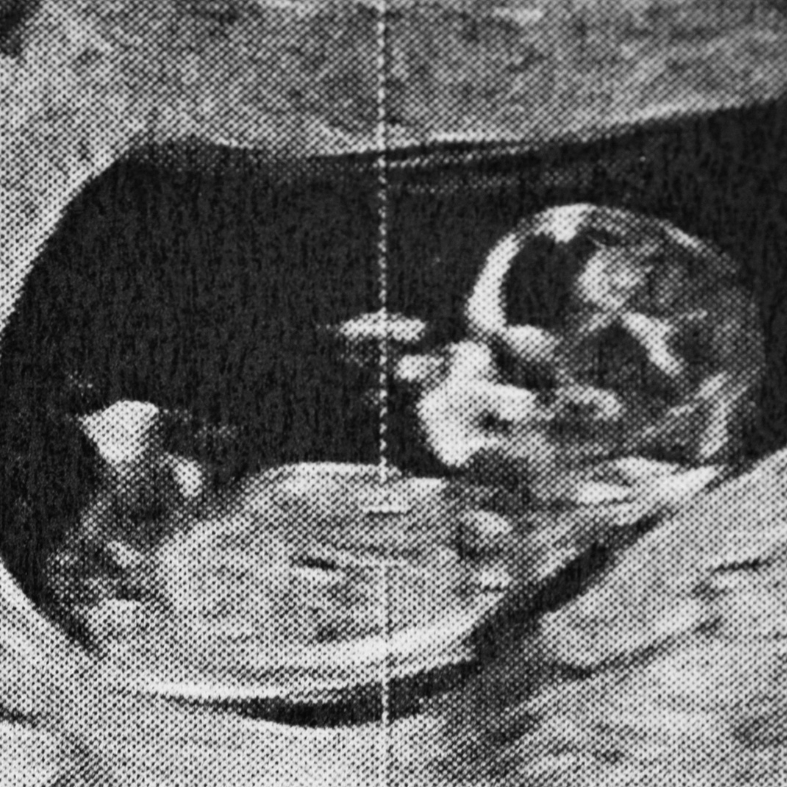
Omoda
Omoda stands out with striking design and technology led interiors, appealing to drivers looking for something different.
Get information on the legal shooting season for mammals and birds in the UK.
Apply for funding for your project or make a donation today
Comprehensive information and advice from our specialist firearms team.
Everything you need to know about shotgun, rifle and airgun ammunition.
Find our up-to-date information, advice and links to government resources.
Everything you need to know on firearms law and licensing.
All the latest news and advice on general licences and how they affect you.


Read our guidance below for pregnant women who are considering participation in shooting activities involving firearms.
While there is no clear and consistent guidance from the medical professions or scientific evidence to suggest that shooting while pregnant is unsafe, pregnancy is personal to each woman and therefore you should always consult your GP and midwife first.
Secondly, you should consider the risks below and how to mitigate them.
Thirdly, the general rule of thumb is not to start any new physical activity while pregnant. Therefore we would not recommend engaging in shooting sports for the first time while expecting.
While we have set out the documented risks and mitigations, the ultimate decision rests with the expectant mother and her medical practitioner.
While there are potential risks, many can be reduced or managed with appropriate precautions. Consider the following guidelines if choosing to participate in shooting activities during pregnancy.
Pregnancy is a time when day-to-day activities are reviewed and adapted, and participation in shooting should always be approached with professional guidance. The safest course is to have a thorough conversation with your doctor or registered healthcare professional in order to consider your own circumstances and health status.
This document is intended for information only and does not replace medical advice. For personal advice, please consult your doctor.

Omoda stands out with striking design and technology led interiors, appealing to drivers looking for something different.

Chery offers modern SUVs with strong specifications, advanced safety technology and excellent value.

Jaecoo blends premium styling with advanced technology, creating refined SUVs designed for both on-road comfort and off-road confidence.